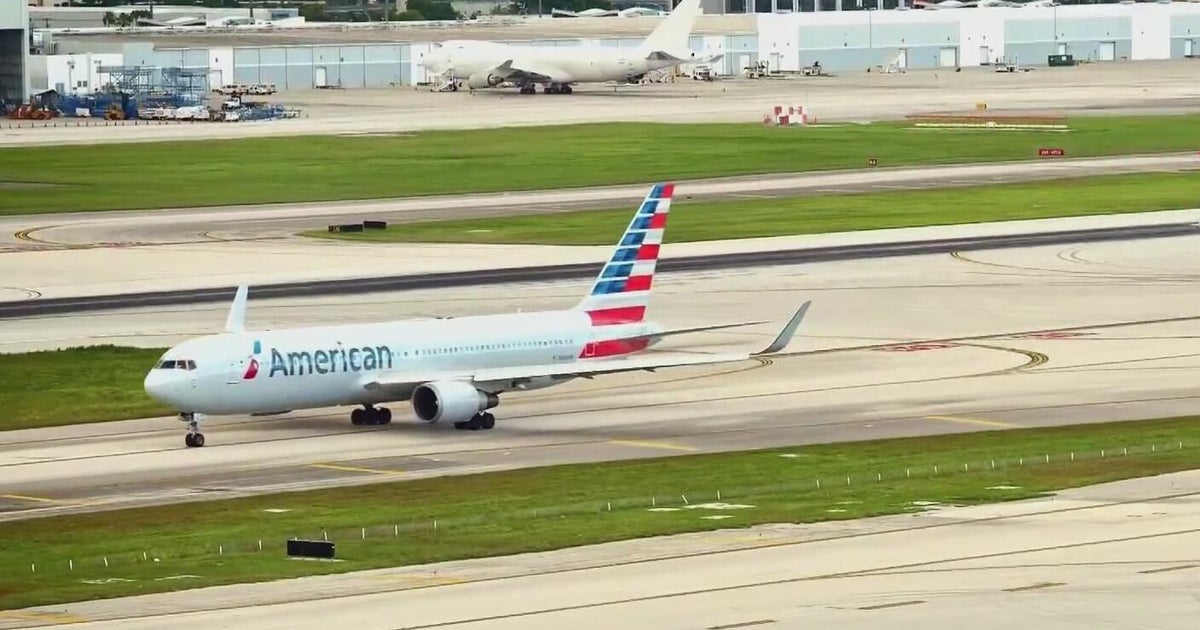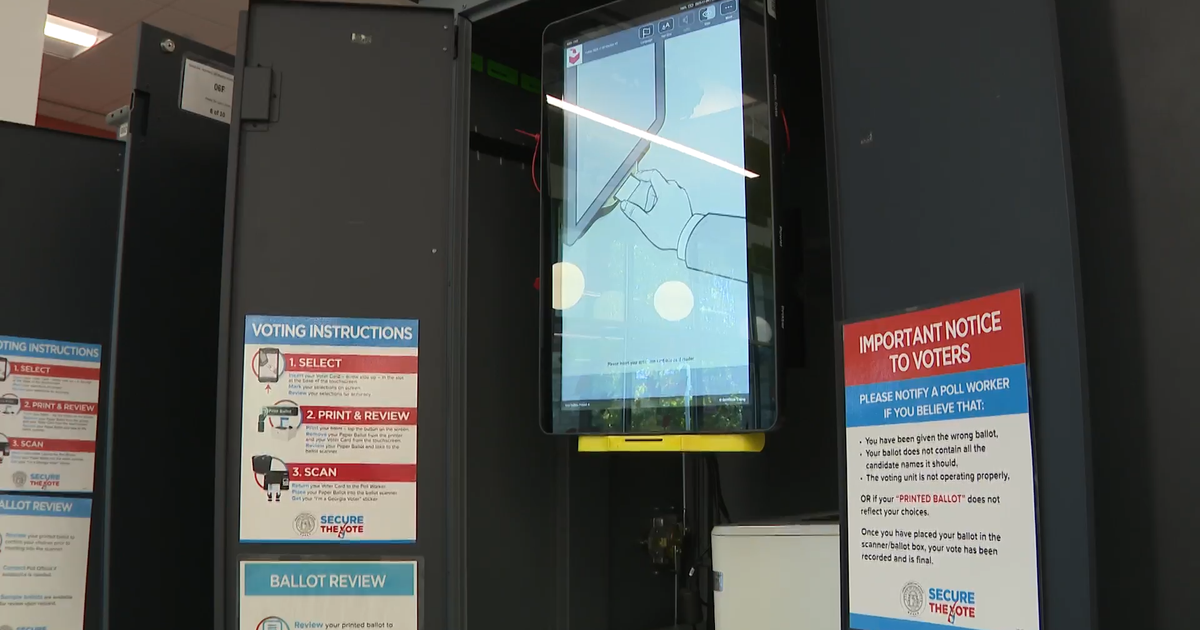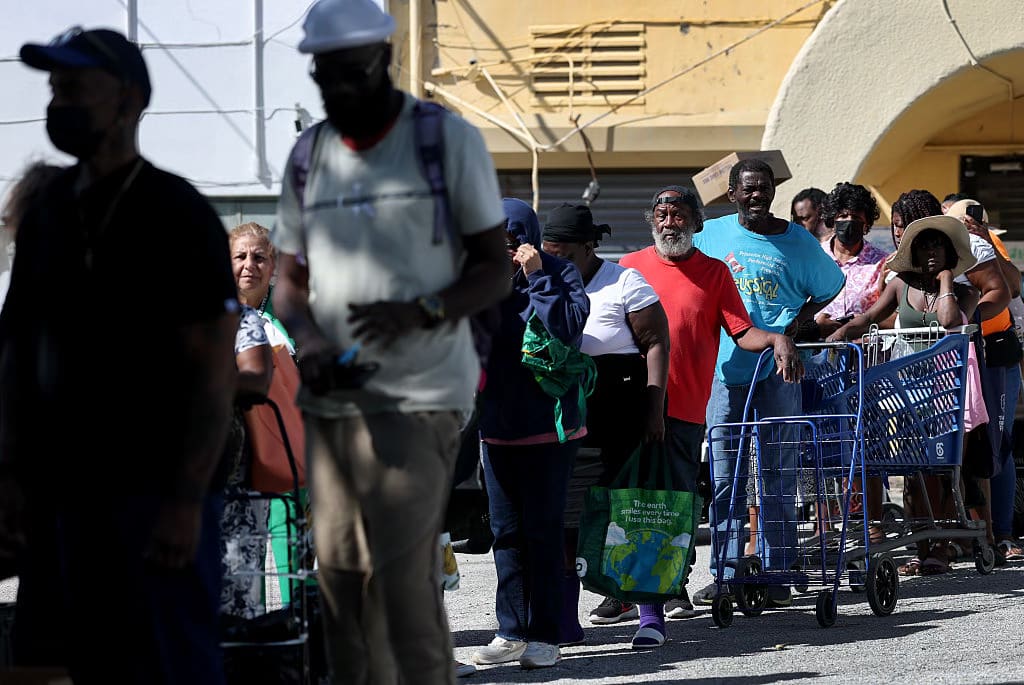Southwest CEO Gary Kelly urges TSA to begin temperature scans at checkpoints
As struggling airlines look at the future of flying amid coronavirus lockdowns, Southwest Airlines CEO Gary Kelly hopes to assure passengers that it is safe to fly. He is calling on the Transportation Security Administration to take new measures to keep passengers and crew safe.
"We're urging the TSA ... to begin temperature scans as part of the screening process at the checkpoints," Kelly told CBS News transportation correspondent Kris Van Cleave.
The TSA told CBS News "no decision has been made regarding specific health screenings."
"TSA continues to rely on the health expertise of HHS and the CDC. Ongoing discussions with our DHS and interagency colleagues, as well as our airport and airline partners, will enable the agency to make informed decisions with regard to the health and safety of the aviation environment," the agency said in a statement. "The safety and security of the traveling public and our employees will always be our top priority."
Southwest, which has never furloughed employees or declared bankruptcy, says 80% of its seats are empty. Kelly is now fighting to save the jobs of more than 60,000 employees. To do it, he'll need Americans to believe him that it is safe to fly during the pandemic.
By Monday, virtually all U.S. airlines will require passengers and crew to wear masks. Kelly said if people know in advance that masks are required, "the vast majority of people" will understand why and comply. "We don't want to be the police," he added.
Airlines are adding plexiglass at check-in and ticket counters, and flyers will see that at TSA checkpoints as well. Carriers also are continuing to enhance cleaning on planes and at airports.
Southwest is using electrostatic foggers that can kill bacteria and viruses on surfaces for up to 30 days to disinfect planes. Their aircraft also utilize hospital-grade air filters, Kelly said.
The risk, however, comes in when people who may not be healthy get on the plane.
"That's why I think leading up to that — wash your hands, don't come to the airport if you're sick. Let's do temperature screening," Kelly said. "Ultimately, obviously, the solution is to have testing, therapeutics, a vaccine."
As social distancing is nearly impossible on airplanes, Kelly said a "multi-layered approach" is necessary.
"We'll have wipes on the airplane that each customer can take," he said. "Requiring masks on the airplane are important because you won't necessarily all be six feet apart."
On the possibility of removing the middle seat, Kelly said they don't want to physically remove it.
"We're not going to block the seat, we're not going to take the seats out, but we won't book the number of passengers that would demand that we use the middle seats," he said.
Asked if the airline can make money flying planes that aren't full, Kelly said, "Our breakeven load factor was somewhere in the 60-70% range. ... Can we do that indefinitely? No."
Southwest has grounded about 400 planes and cut capacity by up to 70% as passenger traffic plummeted. But, Kelly sees this as temporary.
"I do think that things will get back to normal, but not until we defeat this pandemic," he said.
Kelly said it could take five years for business travel to hit 2019 levels.
He also said he wouldn't be surprised if a U.S. airline went out of business as a result of the pandemic. Some failures "may be inevitable," he said, but his focus is on saving Southwest.
Kelly thinks they can do so without further government assistance, but a lot of uncertainty around travel remains.



